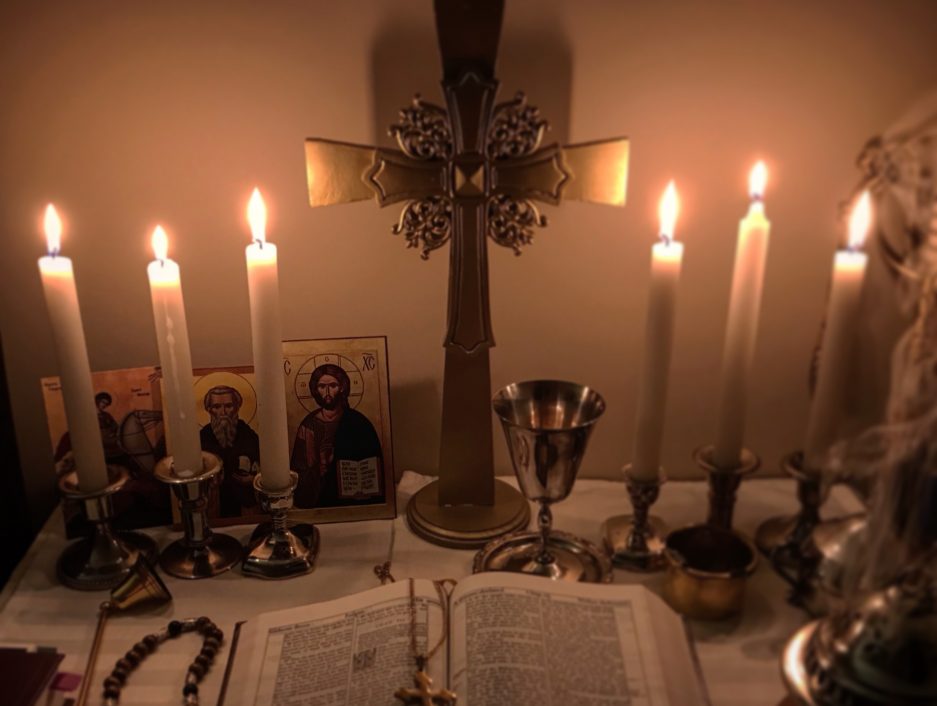I believe the Bible was divinely inspired, but written down by man (can man understand the Godly?), recopied over time by different people (copying errors), translated into different languages (translation errors), and therefore it is not a perfect document. It is not immutable to criticism, infallible, or to be followed without question or critical thinking. While the spirit of God is contained within the scriptures, I do not believe it is to be interpreted literally, especially the Old Testament; the important thing is the values and the teaching behind the scriptures. The Bible is not a scientific or history textbook, therefore it should not be viewed as such.
As an Anglican, the books of the Apocrypha are to be included in the Bible, but as Article VI of the 39 Articles of Religions states, “And the other Books (as Hierome saith) the Church doth read for example of life and instruction of manners; but yet doth it not apply them to establish any doctrine”
As an Anglican, I follow the doctrine of prima scriptura (scripture first/above all) rather than sola scriptura (by scripture alone), with the Bible amplified by tradition and reason.
I prefer the King James Version, also known as the Authorized Version, of the Bible, but this is a personal preference. It is one of many translations of the Bible. With any translation of the Bible, it is not perfect and compromises must be made by the translator, but the KJV is deeply rooted in tradition, in use since 1611, its majestic language is how I imagine the voice of God. With modern biblical scholarship and archaeology, there exists translations which better express the original meaning found in the original texts written in Hebrew, Aramaic, or Greek, and removed errors that occurred during the translation process during the 17th century. I accept there are errors in the King James Version, but I am not reading it for high level academic biblical study, if I was doing so, there are far better English translations, and if possible, I would strive to read the original Hebrew, Aramaic, or Greek texts.
No
translation is perfect, translators/scholars must find a balance between formal
(translating literally, trying to keep the word for word fidelity) and dynamic
equivalence (translating to keep the overall phrase meaning and possibly
requiring paraphrasing). There are also requirements
of maintain a certain poetic flow to the text and allowing for cultural idiosyncrasies.
Translation is an art form and not an easy
task.

